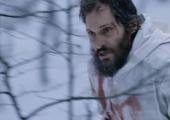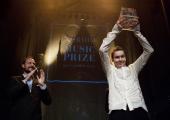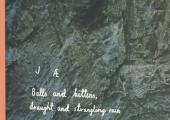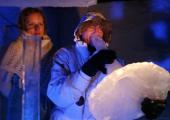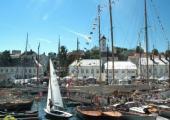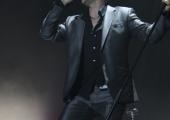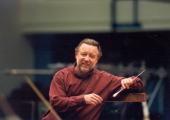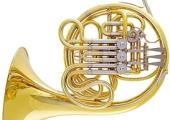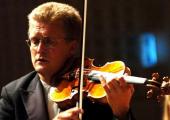CD: Moddi - Floriography
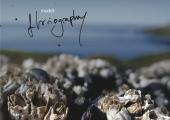
A contemplative debut from the most remote reaches of Norway
Pål Moddi Knutsen is from Senja, an island off north Norway’s west coast. Inside the Arctic Circle, it’s so far north as to be all but adjacent to the borders with Sweden and Finland. Due east, Murmansk is less than half the distance of Oslo. It’s no surprise that Moddi’s debut album evokes solitude, the endless light, the unbroken night and the contemplation that has to come with the territory.

